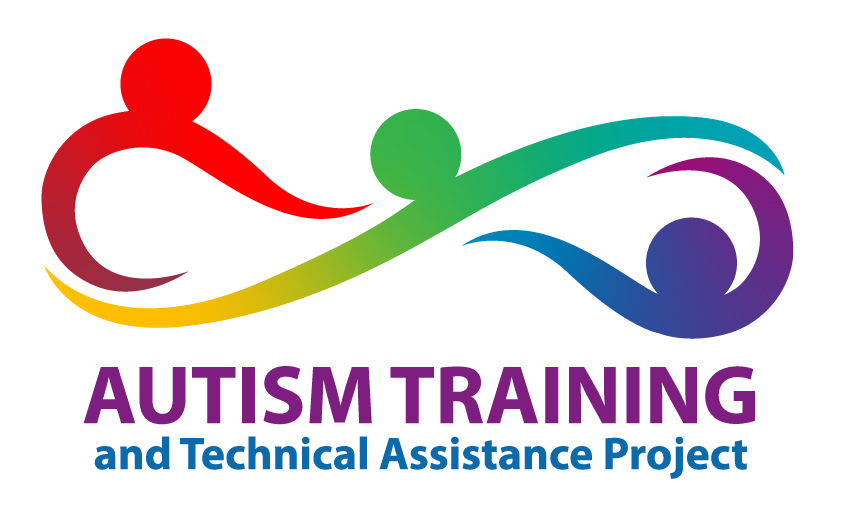Many organizations and agencies have developed resources that are useful to students and young adults with ASD related to a wide range of issues. The list below contains valuable resources that you may find useful as you transition from secondary educational settings to postsecondary education or employment.
ATTA Resources
Support Changes from High School to College
The following document provides an overview of general differences between legislation, services, and supports available in secondary compared to postsecondary education. This document is useful for developing proper expectations for students with ASD transitioning to secondary education and demonstrating the importance of self-advocacy when entering a postsecondary setting.
This document is designed to guide students with ASD in identifying key points on a syllabus. The document can also be used as a self-assessment for instructors and administrators reviewing syllabi to ensure they are organized, understandable, and promote accessibility.
When Should I Disclose My Autism
The decision to disclose a diagnosis of ASD is a personal and sometimes sensitive process. This document provides a list of considerations and some helpful suggestions for students who face the decision to disclose their ASD to others and considers academic, employment, and social contexts.
This sample questionnaire is designed to provide an understanding of a student's knowledge related to living independently and making use of services. It also includes several areas related to disability and accommodation that can be useful if students are willing to voluntarily provide information.
Self-Assessment
This self-assessment covers key points in the topics of academics, independent living, socialization, safety, sexuality, stress, and personal insight.
Working Environment Self-Assessment Document
This self-assessment is designed to help a student who is preparing to transition into career training or the workforce identify appropriate work environments that can meet their interests and sensory needs. The assessment examines the sensory details, social contexts, job tasks, physical requirements, and schedule of a work environment in order to help identify what type of job is the best fit.
Interviewing Tips
An interview is an opportunity to convince an employer that you're the perfect person for a job. This document provides tips on how to prepare for an interview and how to conduct yourself during an interview, with special emphasis on areas that may be particularly relevant to an individual with autism. See Interviewing Tips Assessment under the Assessment Heading.
Social Communication in the Workplace
As students transition from high school to college, they will encounter many differences related to what accommodations and services are available and how to obtain them. This document outlines the differences in legislation, services, and supports so students with ASD can begin to understand what to expect. The document is also useful for demonstrating the importance of self-advocacy when entering a postsecondary setting.
Timeline for Transition from Secondary to Postsecondary Education
This sample timeline can be used as a guide to important milestones in the transition process. The timeline begins in Grades 9&10 and continues through the final month before moving to college.
General Resources
Think College
Think College has a college search by state with college programs for inclusive higher education options for individuals with intellectual disabilities.
National Collaborative on Workforce and Disability (NCWD)
The National Collaborative on Workforce and Disability for Youth (NCWD/Youth) serves all youth, including youth with disabilities. The NCWD/Youth, created in 2001, is made available by a grant from the U.S. Department of Labor’s Office of Disability Employment Policy (ODEP). The NCWD provides resources on education, employment, and independent living.
Unique job site can help neurodivergent people find meaningful work - while being themselves
An article by Vanessa Ho


